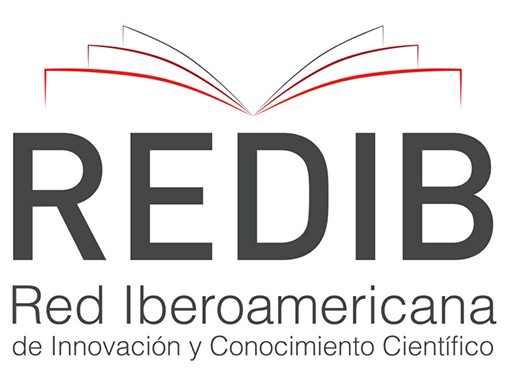Impacts of good practices in food handling courses, applied to employees of food services establishments in Santa Maria, Rio Grande do Sul state
DOI:
https://doi.org/10.35172/rvz.2019.v26.163Keywords:
public health, health inspection, food, food handlers, food businessAbstract
The main factors related to outbreaks and food-borne diseases are related to multiple failures in quality control in food production. In order to assess the impact of the courses of Good Handling Practices (GHP) for food services in Santa Maria, Rio Grande do Sul, performed by professionals of food establishments in the qualified and accredited educational institutions were visited 41 establishments that sell food with licenses renewed in 2014. A questionnaire addressing the impact and the changes generated by the participation of people involved in the process of manufacturing and distribution of food in the GHP course for food services was applied in those establishments. In most establishments (75.6%) only one employee performed the course of GHP. Among participants 58.6% were food handlers who carried out this training. The GHP manual, which serves to ensure the identity and quality of food and service, was present in 51.2% of those establishments. For 87.8% of the participants, the GHP course outperformed their expectations, related to curriculum and its teaching methodology. The workload was considered sufficient by 85.3% of participants, however 65.8% considered to perform other courses to improve their skills. The GHP course improved hygienic-sanitary quality of food service establishments in Santa Maria. Specialized courses should be encouraged and offered periodically in order to minimize injuries by foodborne illness to public health.
Downloads
Published
How to Cite
Issue
Section
License

Este obra está licenciado com uma Licença Creative Commons Atribuição-NãoComercial 4.0 Internacional.











